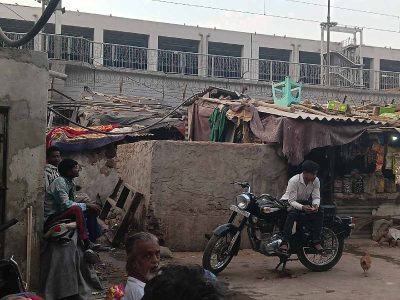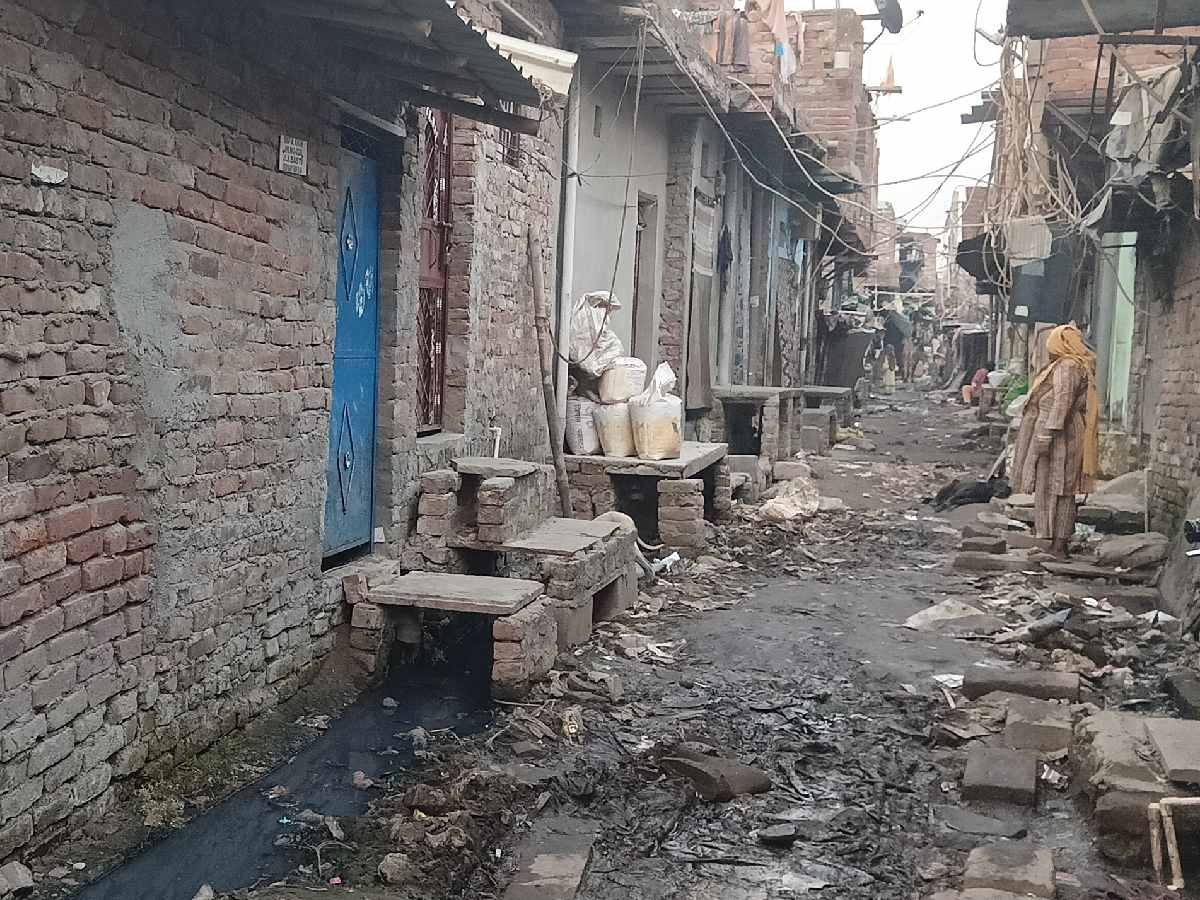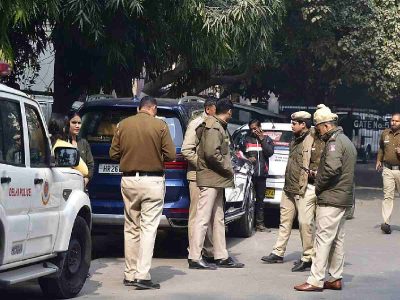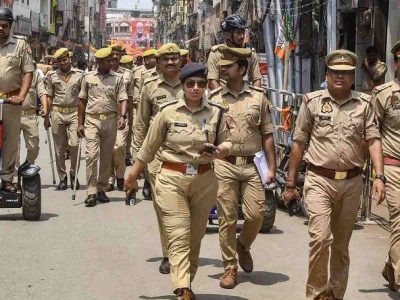Delhi: Seated on the parapet leading to his neighbour’s house, Jony awaits in revelry for the only festival he celebrates throughout the year. Music blares from inside the alley leading to his makeshift home as he watches the world pass by.
As the only person from the Valmiki community in the area, life has been difficult for Jony, while he continues to seek solace amid the Valmiki Jayanti festivities. However, there is only so much one person can do to celebrate. It is also one of the few days he takes leave from his permanent job as a bus driver for the nearby Mother Mary’s School and his temporary role as a safai karamchari for the Municipal Corporation of Delhi (MCD).
“It is illegal, but I cannot help but work. I am compelled to work. Safety and precaution—these are all afterthoughts that I have highlighted, but someone has to be willing to listen to our side as well,” he said.
Death by asphyxiation and inhaling harmful gases, such as methane, continues to result in multiple deaths of manual scavengers across the national capital and the country.
Tragic incident
A similar incident occurred on October 8, when two manual scavengers died while cleaning a septic tank at a construction site in South West Delhi’s Sarojini Nagar. According to officials, they allegedly inhaled toxic fumes while cleaning a gutter at the site. Another worker, who attempted to rescue them, is currently hospitalised.
The deceased have been identified as Babundra Kumar Singh, 29, a resident of Gopal Ganj, Bihar, and Ramasre, 41, from Hamirpur, Himachal Pradesh.
According to Deputy Commissioner of Police (Southwest) Surender Choudhary, the Sarojini Nagar police station received a PCR call on October 8, reporting a building collapse with labourers trapped underneath. However, upon arrival at the National Buildings Construction Corporation (NBCC) site in Pillanji village, officers discovered that the two labourers had lost consciousness while clearing garbage from an unused sewer.
Kumar and Ramasre were transported by an ambulance provided by the construction company, while the third worker, Shrinath Soren, 28, a native of West Bengal, was rushed to AIIMS Trauma Centre by the police’s emergency response vehicle. The two men succumbed during treatment, while Soren remains critical at Diyos Hospital in Safdarjung Enclave.
Legal protection?
Despite the recurring incidents, the response to the plight of these workers remains as indifferent as ever. The Delhi government continues to insist that manual scavenging no longer exists in the national capital. The Prohibition of Employment as Manual Scavengers and their Rehabilitation Act, 2013 aimed to ban manual scavenging in all its forms and integrate such workers into mainstream employment.
Under the Act, a manual scavenger is defined as someone employed by an individual, local authority, or public or private organisation to manually clean, transport, dispose of, or handle human waste in unsanitary latrines, open drains, pits, railway tracks, or other locations designated by the Central or State Government, before the waste has fully decomposed.
Circumventing the system
To avoid directly employing manual scavengers, civic agencies like the MCD and the Delhi Jal Board (DJB), responsible for supplying potable water, float tenders for private agencies to provide contractual labourers. These sanitation workers are hired on a temporary, contractual basis.
Azad Mehra, of the Centre of Trade Unions (CITU) and a field assistant with the DJB, pointed out that the government does not hire manual scavengers or sanitation workers directly. “They have not hired anyone on a permanent basis for over two decades. Those who are employed come through these agencies,” he said.
These tenders are posted on the Government of Delhi e-Procurement System website, where agencies await the lowest bidder. On October 17, 118 DJB tenders were open for procurement on the website, with most concerning the management and maintenance of sewerage lines in multiple localities.

In August, the DJB reported that 189 contractors tasked with providing sewer-cleaning machines were facing a severe monetary shortfall due to unpaid invoices. The government body noted that the scheme was in a “critical condition” due to the financial backlog.
Fatal consequences
Despite the deployment of machines, manual scavenging deaths continue in the national capital. “Many workers, mostly from disadvantaged castes, have to enter these pits, which often become their deathbeds. There are also many unreported cases, which are dismissed as accidents,” Mehra said.
He added that since the workers employed by private agencies are not trained, the situation becomes more dangerous. “They are untrained, and agencies treat them as expendable. For money, these workers take risks without proper protective gear. This leads to tragedies like Sarojini Nagar and Lajpat Nagar in 2017,” he said.
In May, another fatality occurred in Rohini, where a housekeeping staff member was forced to enter a sewer in front of D-Mall without any safety equipment.

Jony highlighted that each time he is hired, the situation remains the same, with minimal protective gear. “It feels like I am risking my life every time, but I need to earn money. Some agencies provide minimal protective equipment—helmets, boots, and gloves—but most do not. I have never received proper gear like a harness,” he said.
Employment out of necessity
The process of hiring manual scavengers often lacks formal procedures. Rahmat Ali, a resident of Ghazipur slum, said they are hired informally. “There are no forms. Someone comes to the jhuggi and asks if we want work. They tell us what to do and ask us to show up at the site. Sometimes we go for days or months without work. At least with drain cleaning, I have a stable job,” he said.
Total number
According to the Ministry of Social Justice and Empowerment, 58,098 manual scavengers were identified in 2021. However, the NGO Safai Karmachari Andolan (SKA) reported identifying over 770,000 such workers.
Also Read: Diwali lights up Delhi’s temples, dargahs, churches, synagogues alike
The Sarojini Nagar deaths remain under investigation, with an FIR registered under relevant sections of the Bharatiya Nyaya Sanhita.





